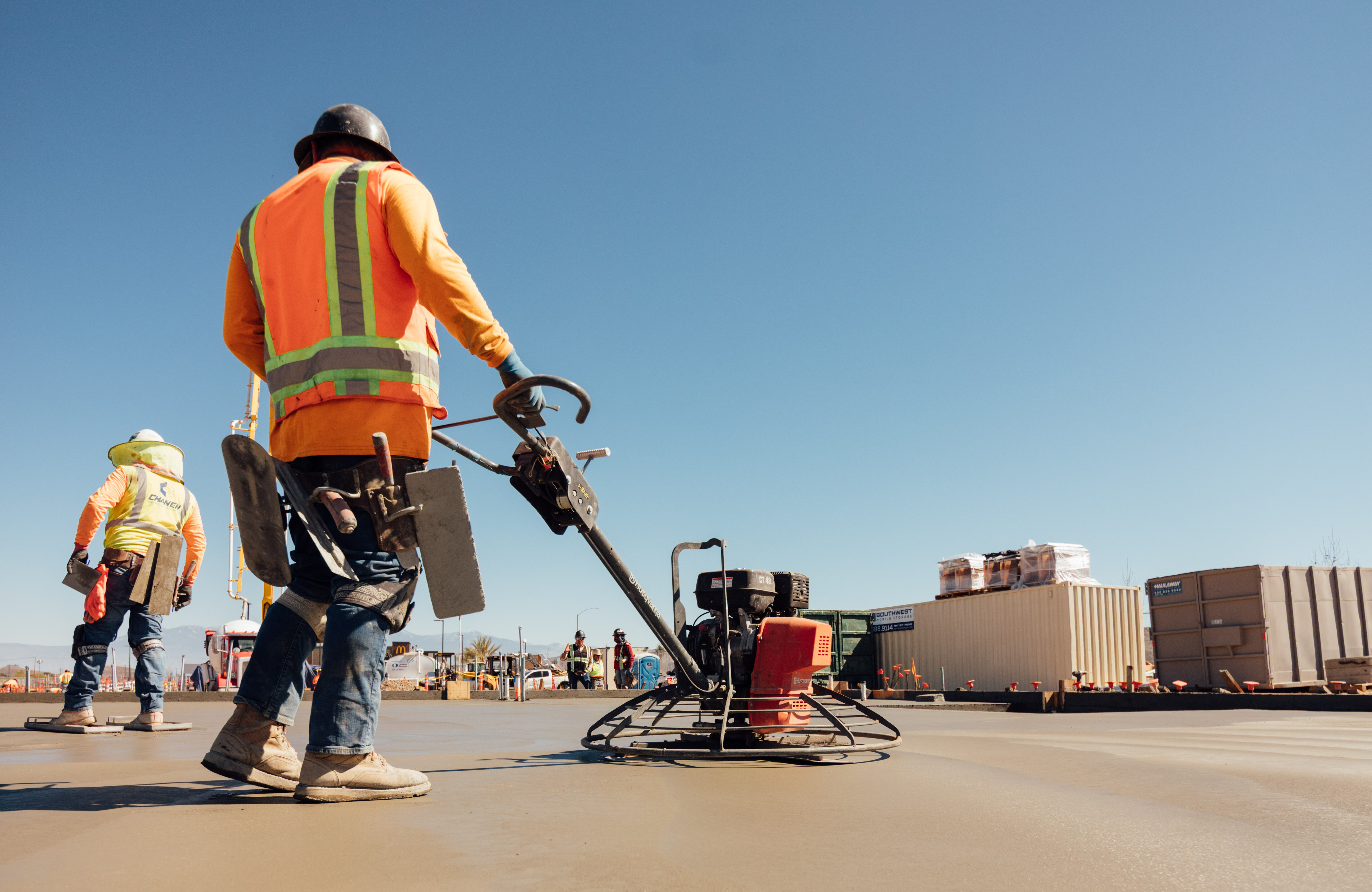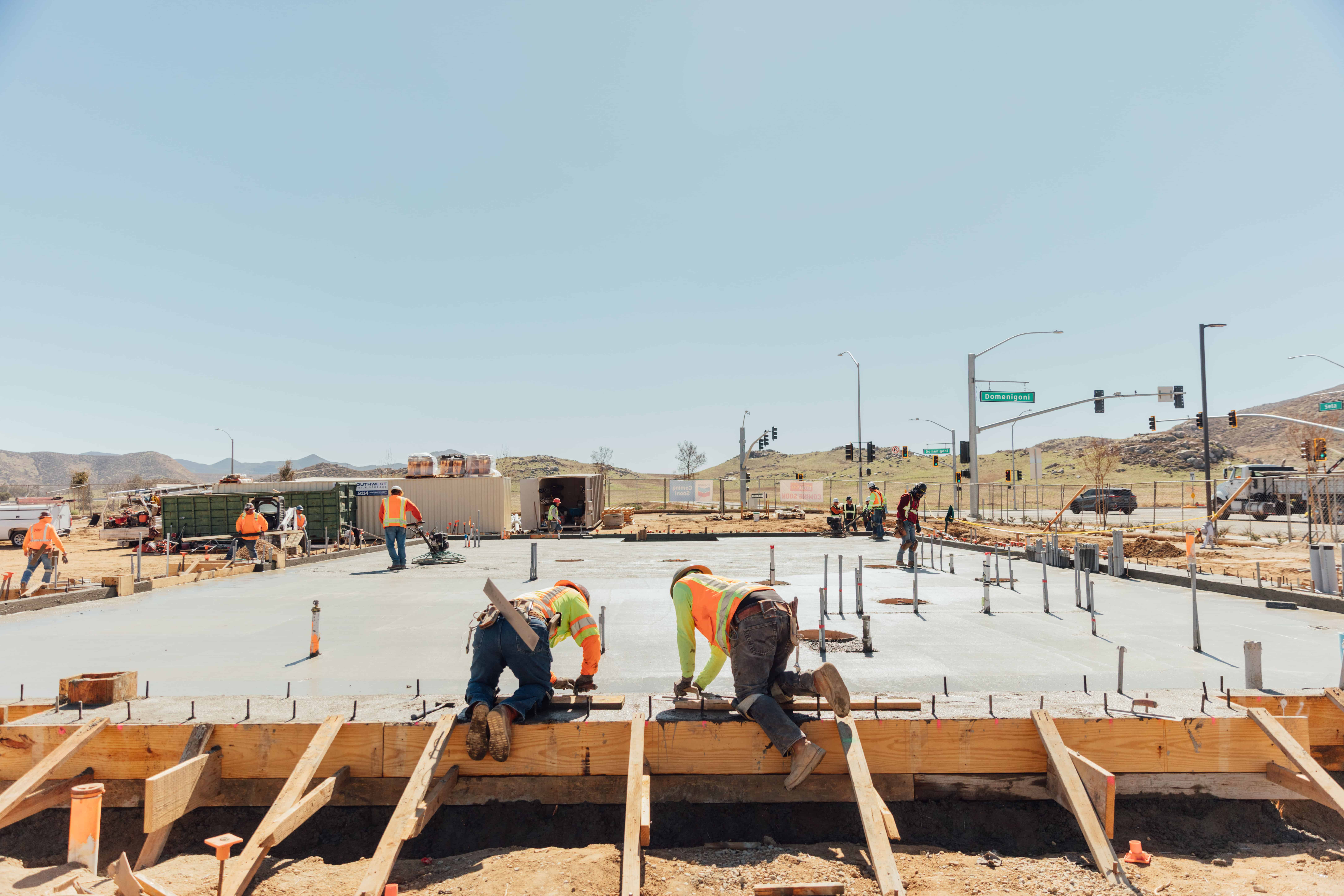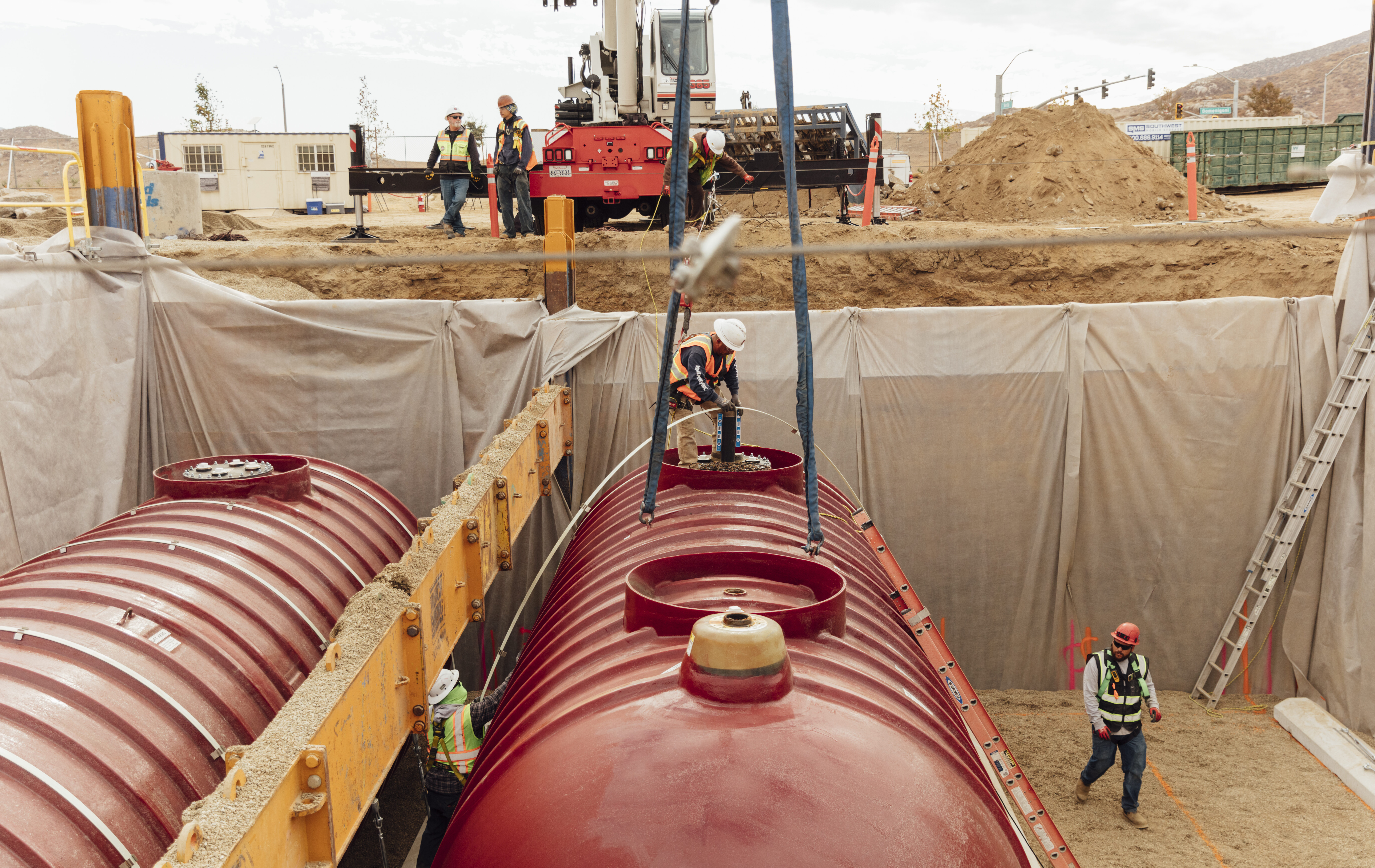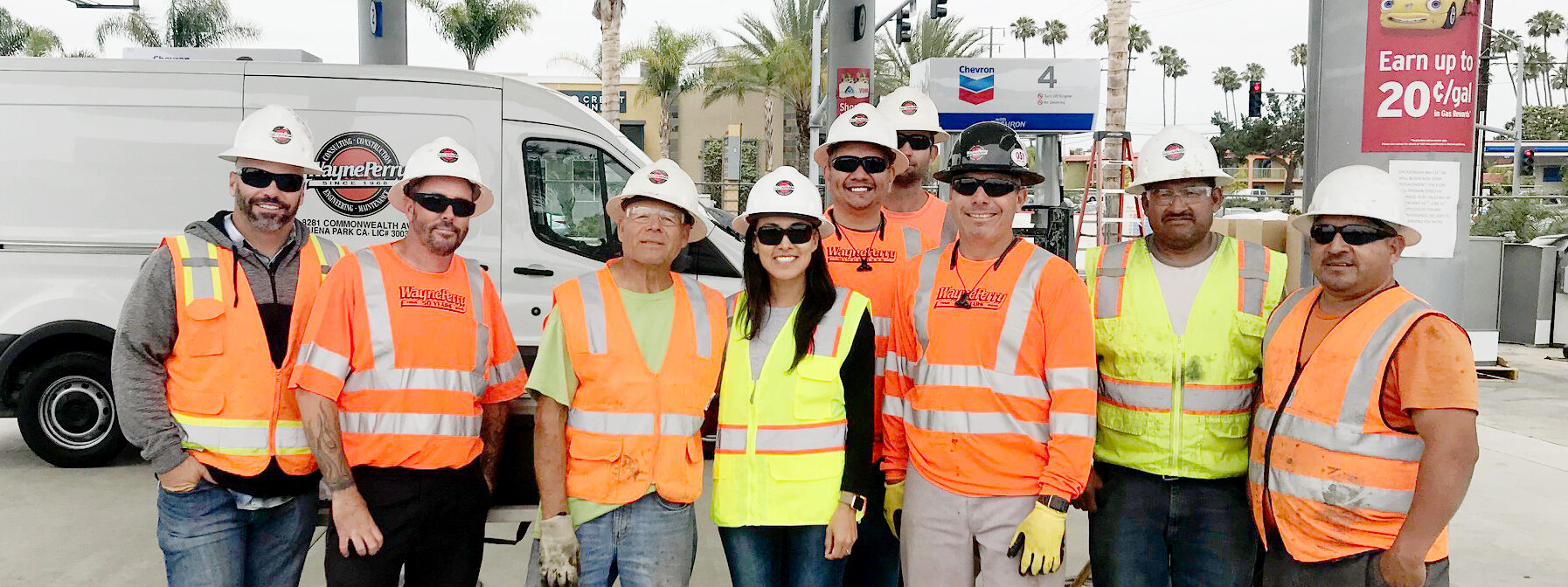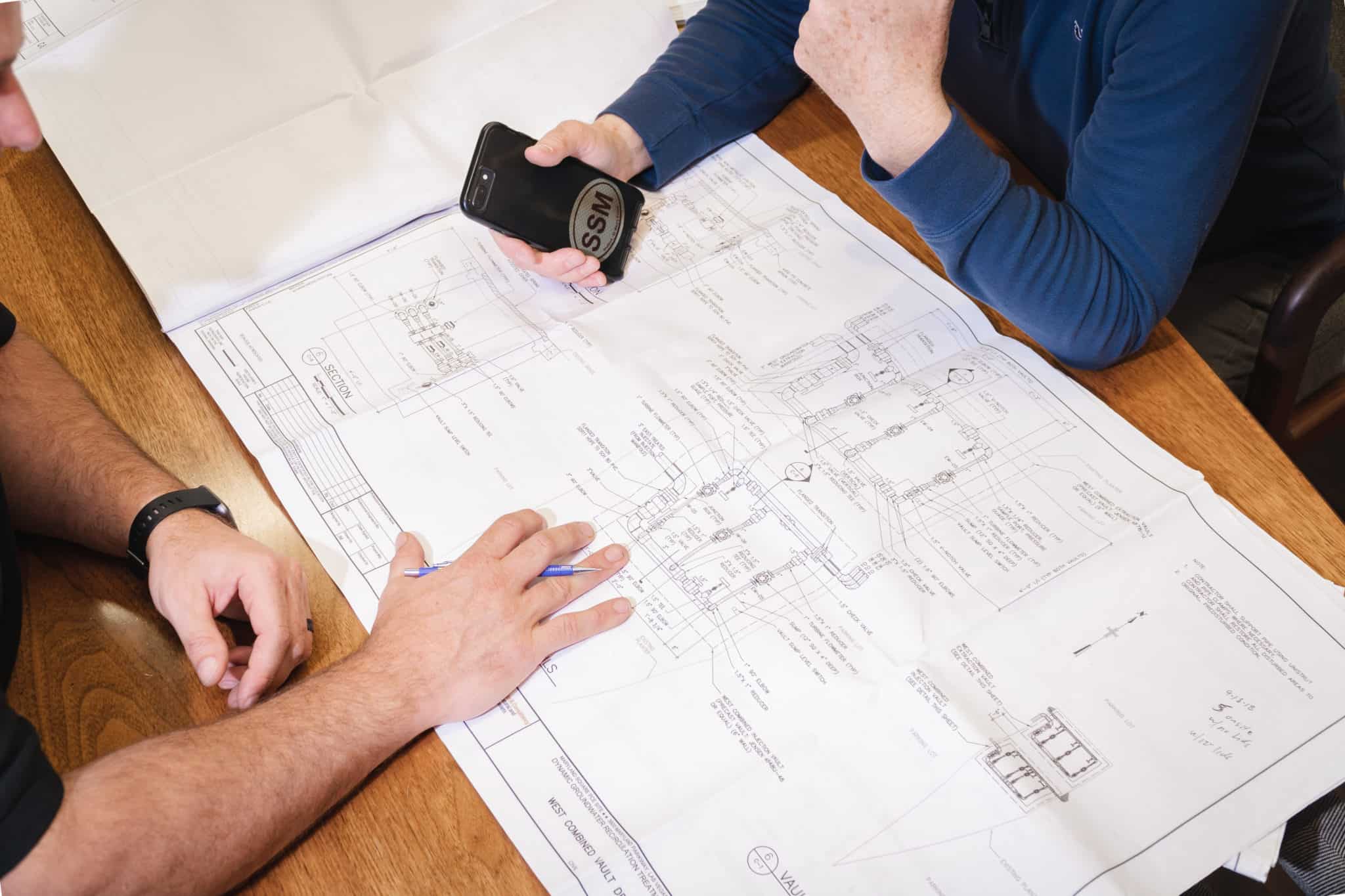Operating a gas station demands compliance with numerous health and safety measures, especially controlling the ever-present danger of a fuel spill. Fuel spills can lead to severe hazards such as fire risks, environmental damage, and health issues—all of which can adversely affect the success of your business.
As a gas station owner, you need to understand the sources and consequences of a fuel spill and the necessary response actions. Equipping yourself with knowledge on how to handle spills, including compliance with regional regulations, is essential for maintaining a safe and environmentally responsible operation.
Fuel Spills and Related Hazards
Fuel spills can occur for a variety of reasons, including equipment failure, human error, or accidents. Leaks from underground storage tanks, overfilling vehicles, and dispensing equipment malfunctions are common sources. The potential hazards of these spills are substantial and include the following dangers:
- Fires and Explosions: Gasoline is highly flammable, and even small spills can create fire hazards if exposed to ignition sources, such as car engines running, cigarettes, and electrostatic discharge.
- Environmental Damage: Spilled fuel can contaminate soil and water, causing long-term environmental harm and expensive remediation.
- Health Risks: Exposure to fuel vapors can cause respiratory issues and other health problems for employees and customers.
Prioritizing Safety During a Spill
When a spill occurs, immediate action is necessary to mitigate the risks of the spill and prevent escalation of the situation. Follow these three steps to prioritize safety:
- Stop the Source: Quickly shut off the pump or use the emergency fuel shutoff switch to prevent further spillage.
- Evacuate the Area: If the spill is significant or poses a fire hazard, evacuate customers and employees from the vicinity to ensure their safety.
- Eliminate Ignition Sources: Extinguish all smoking materials and turn off any machinery that could create sparks to reduce the risk of fire.
Containing the Spill
Once safety is ensured, take the following actions to focus on containing the spill to prevent environmental contamination:
- Use Absorbent Materials: Spread spill pads, kitty litter, or sand around the spill to contain it and prevent it from spreading.
- Block Drains: If the spill is near a storm drain, use spill berms or other materials to block it and prevent contamination of water sources.
Reporting the Incident
Proper reporting is crucial to comply with regulations and initiate a coordinated response. Take the following actions:
- Contact Emergency Services: Call the fire department in case of a major spill or fire hazard to ensure professional assistance.
- Notify Regulatory Agencies: Depending on the location and size of the spill, you may need to contact your state or local environmental agency to report the incident.
Cleanup and Documentation
Thorough cleanup and accurate documentation are essential for regulatory compliance and future reference:
- Clean Up the Spill: Once the spill is contained, continue using the appropriate absorbent materials to collect the spilled fuel and dispose of all contaminated materials according to local regulations.
- Document the Incident: Maintain a detailed record of the spill, including the date, time, cause, volume, and cleanup actions taken. This documentation can be crucial for legal and regulatory purposes.
Special Considerations for the Western United States
Gas station operators in the Western United States must be aware of specific regional regulations:
- California: California has stringent environmental regulations, including the California Accidental Release Prevention and Control Regulation (AB 2580). This requires a Spill Prevention, Control, and Countermeasure (SPCC) Plan, outlining procedures for spill prevention, containment, and cleanup.
- Other Western States: States like Arizona, Nevada, and Colorado have specific fuel spill regulations. Operators must familiarize themselves with the local laws to ensure compliance.
Proactive Measures for All Operators
Regardless of location, all gas station operators should:
- Have a Spill Response Plan: This plan should outline all the steps mentioned above and be readily available to employees for any spill situation.
- Train Their Employees: Regularly train employees on spill response procedures to ensure they can react quickly and safely in the event of a spill.
Partnering with an Environmental Consulting Specialist
Partnering with an environmental consulting and equipment maintenance specialist with knowledge in all areas of environmental protection can help you develop effective spill response plans, including providing specialized training for employees and ensuring compliance with all relevant regulations.
By following the steps described in this article and understanding the specific regulations in your area, you can minimize the environmental impact of a fuel spill and ensure the safety of your business, your employees, and your customers.
